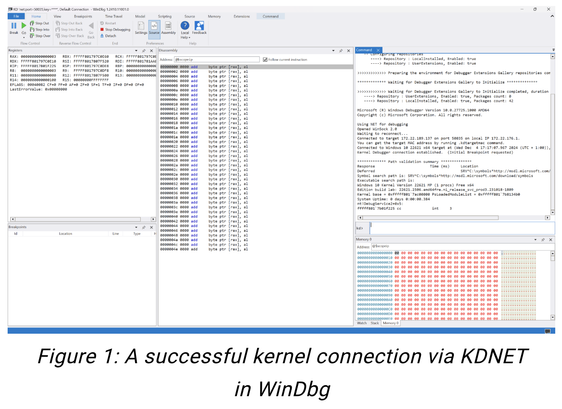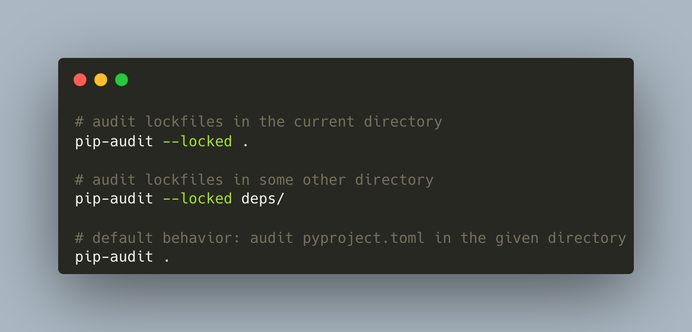We audited the Go language cryptographic library, used by thousands of libraries and millions of users.
Security report: https://github.com/trailofbits/publications/blob/master/reviews/2025-03-google-gocryptographiclibraries-securityreview.pdf
Our assessment uncovered one low-severity and five informational issues within the algorithms, following a comprehensive four-week review by three consultants focused on identifying cryptographic weaknesses such as side-channel attacks.
Beyond manual review, we created custom CodeQL and Semgrep rules for the project. We used these rules to:
- Identify memory management issues
- Analyze math.Big library usage (which "doesn't have strong constant time guarantees")
- Confirm that a detected bug was the only instance of that issue
Read their blog: https://go.dev/blog/tob-crypto-audit
If you are interested in learning more about how to securely design and build a cryptographic library or module, reach out to our engineering team: https://trailofbits.info/3YVvFXP


